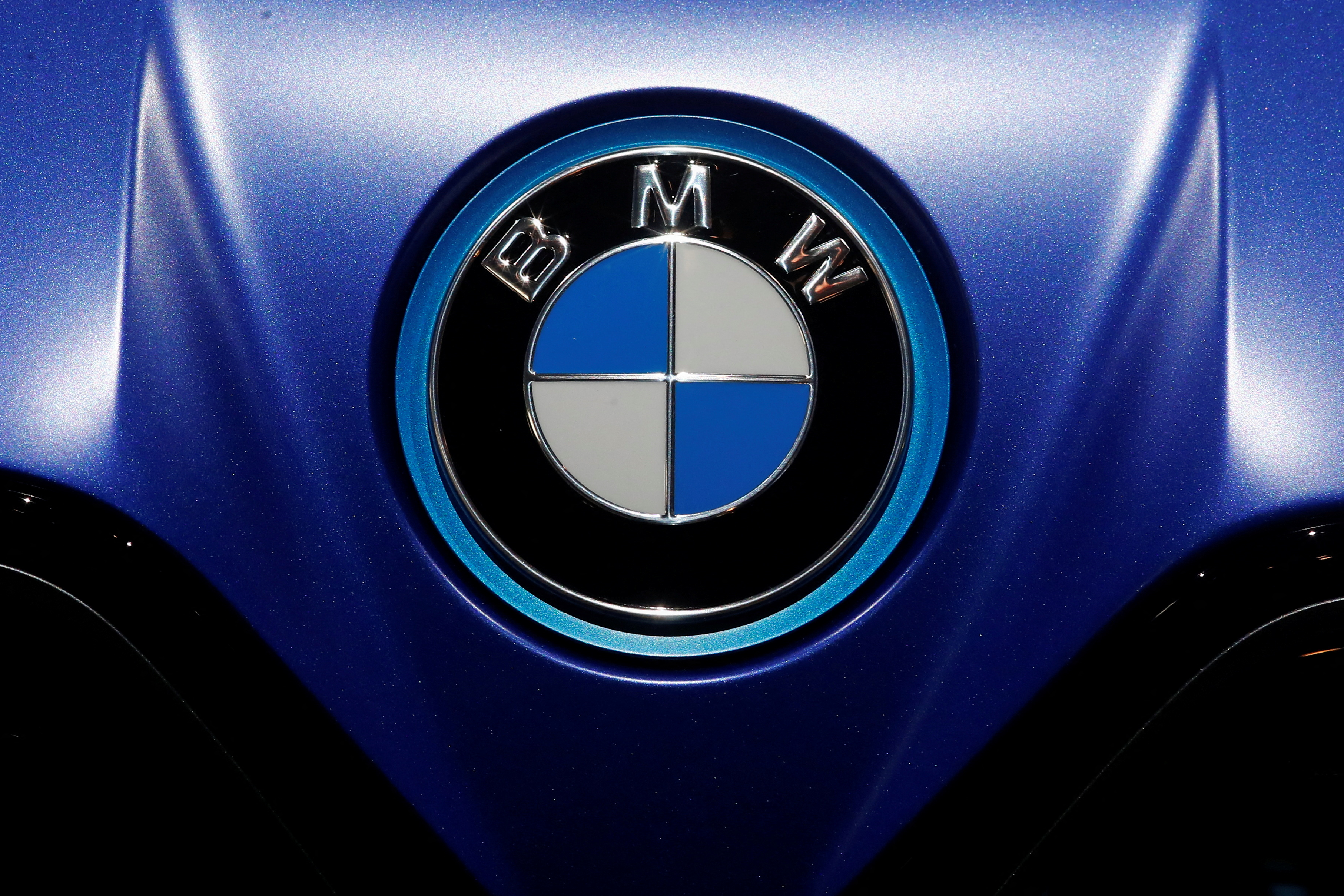Ceded in auto insurance means transferring or giving up a part of the risk to another insurance company. Ceded, in the context of auto insurance, refers to the process of transferring or relinquishing a portion of the risk to another insurance company.
This occurs when the primary insurer chooses to share the policy’s liability with a reinsurer, typically due to the insurer’s desire to mitigate its exposure to potential losses. By ceding the risk, the primary insurer passes on a portion of the financial responsibility to the reinsurer, who agrees to assume the specified portion of the claim payments.
This arrangement allows the primary insurer to reduce its liability, enhance its financial stability, and ensure coverage can be provided even in the event of severe or catastrophic claims. Overall, ceding plays a vital role in managing risk and maintaining stability in the auto insurance industry.

Credit: www.reuters.com
Understanding Ceded Policies
Ceded policies in the auto insurance industry hold significant importance and need thorough understanding. These policies are about transferring risks from one insurer to another. Insurance companies opt for ceding policies to mitigate risks and manage their exposure. By ceding a policy, insurers are essentially sharing the liabilities and premiums with other insurers.
Ceding allows insurance companies to spread the risk and protect themselves from potential losses. It also helps them maintain financial stability and remain competitive in the market. Insurers carefully assess the risks involved before deciding to cede a policy. Understanding ceded policies can help policyholders comprehend how their insurance coverage operates and what happens behind the scenes.
By knowing about ceded policies, individuals can make informed decisions when choosing an auto insurance provider.
Ceding Insurance Companies
Ceding insurance companies play a vital role in the auto insurance industry. They transfer a portion of the risk they assume through reinsurance. By doing so, they protect themselves from potential catastrophic losses. Ceding companies establish partnerships with reinsurers to spread out the risk among multiple parties.
These reinsurers can be either specialized companies or larger insurance corporations. Ceding companies carefully select their reinsurance partners based on their financial stability and expertise. This relationship allows ceding companies to offer insurance policies with broader coverage and higher limits.
It also helps them manage their overall risk exposure and maintain financial stability in case of unexpected events. Ceding insurance companies act as a valuable link in the chain of auto insurance, ensuring that policyholders receive comprehensive coverage and protection from potential losses.
Frequently Asked Questions On What Does Ceded Mean In Auto Insurance?
What Does Ceded Mean In Auto Insurance?
Ceded refers to the process of transferring a portion of risk from one insurance company to another. In auto insurance, ceding might occur when an insurer wants to limit its exposure to losses by transferring a portion of the risk to reinsurers.
How Does Ceding Impact Auto Insurance Premiums?
Ceding can have an impact on auto insurance premiums. When an insurer cedes a portion of its risk, it may reduce the overall cost of providing coverage. This cost savings can be passed on to policyholders in the form of lower premiums.
Can Policyholders Also Cede Their Insurance Coverage?
No, policyholders cannot directly cede their insurance coverage. Ceding is a process undertaken by insurance companies to manage their risk. However, policyholders indirectly benefit from ceding if it leads to lower premiums or improved financial stability of their insurer.
Are There Any Downsides To Ceding In Auto Insurance?
While ceding can provide benefits to insurance companies and policyholders, there are potential downsides. When insurers cede a portion of their risk, they may also lose control over claims handling and customer service, which can impact the overall customer experience.
What Is The Difference Between Ceding And Reinsurance?
Ceding refers to the transfer of risk from one insurance company to another, while reinsurance specifically refers to the transfer of risk to a reinsurer. Ceding is a broader term that can encompass various methods of risk transfer, including reinsurance.
How Does Ceding Affect The Financial Stability Of An Insurer?
Ceding can help improve the financial stability of an insurer. By transferring a portion of risk to reinsurers, insurers can protect themselves from large losses and ensure they have sufficient funds to meet their obligations to policyholders. This can help maintain the long-term viability of the insurer.
Conclusion
Understanding the term “ceded” in the context of auto insurance is essential for policyholders. It refers to the process in which an insurance company transfers a portion of their risk to another insurer, known as a reinsurer. This helps the insurer mitigate potential losses and maintain financial stability.
Ceding allows insurance companies to provide more coverage and take on higher risks without compromising their ability to pay claims. By sharing the risk, the insurer ensures that it can handle large or catastrophic events, offering peace of mind to policyholders.
While ceding may seem complex, it plays a crucial role in the insurance industry, enabling insurers to operate efficiently and protect their customers. As policyholders, being aware of the term and its implications provides a clearer understanding of how auto insurance works and the mechanisms behind it.